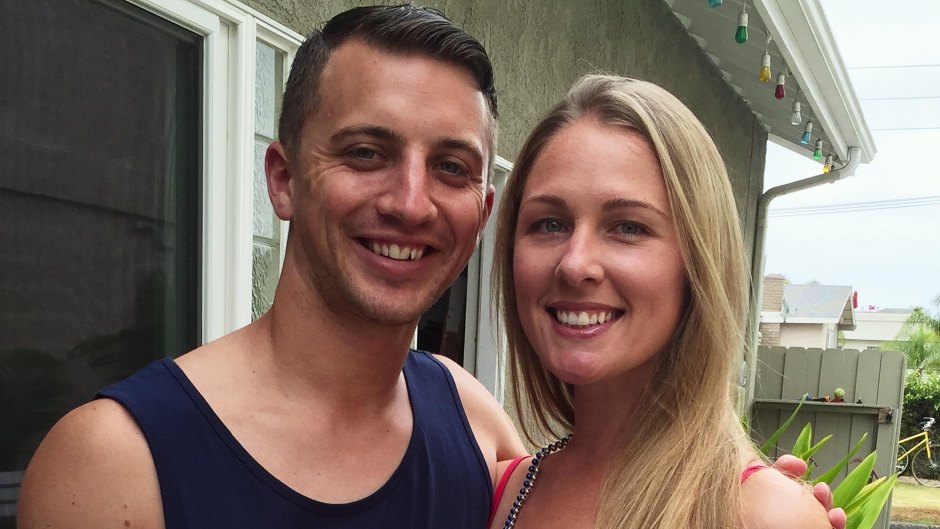
Courtesy of Netflix
Inside the ‘American Nightmare’ Kidnapping: Aaron Quinn and Denise Huskins’ Case Inspired Netflix Doc
It’s one of the strangest kidnapping cases to ever unfold in California. In the early morning hours of March 23, 2015, an intruder entered Aaron Quinn’s home in the San Francisco Bay Area city of Vallejo and woke the physical therapist and his girlfriend and colleague, Denise Huskins, in their bed with flashing lights. The terrified couple were bound with zip ties and ordered to ingest a sedative. Blacked-out swim goggles and headphones were put on Aaron. He was ordered not to leave a taped-off area of the house or call police as he monitored his phone for a ransom demand. Then, the intruder escaped with Denise, stuffing her into the trunk of a stolen car before transporting her to a cabin, where she was held captive and raped.
When Aaron awoke hours later, he discovered emails asking for $15,000. Unable to pay, he called 911 to report Denise’s kidnapping and ask for help. Instead, police treated him like a suspect instead of a victim, interrogating him for over 18 hours and accusing him of killing Denise after he shared the elaborate and bizarre details of their ordeal. Then, after Denise escaped and miraculously showed up at her father’s apartment more than 400 miles away two days later, Vallejo cops held a press conference dismissing the abduction as “orchestrated,” insisting the couple “owe this community an apology.” Except they weren’t lying — something it would take months to prove. Nearly nine years after the case first made headlines, Denise and Aaron’s story is getting renewed attention with the January release of the Netflix docuseries American Nightmare, which chronicles how the tragic crime unfolded and was finally solved.
“Here I am, literally taken in the middle of the night, my body stolen and violated, and they still don’t believe me,” Denise lamented of being branded a liar by cops and the FBI.
A Suspect Emerges
Two developments finally changed investigators’ minds after they erroneously likened the case to Gone Girl, the popular book and film about a woman who stages her own disappearance then lies about it. After Vallejo police painted the case as a hoax, letters from an anonymous sender taking credit for the abduction, plus photos showing crime scene evidence, were sent to a San Francisco Chronicle reporter. Then, 10 weeks after Denise’s kidnapping, a couple 40 miles away in Dublin, California, reported a home invasion with eerily similar details — only this time, the intruder left a phone behind as he was chased away. Cops tracked it to Matthew Muller, a former Marine and Harvard-educated attorney, and arrested him at a cabin in South Lake Tahoe full of evidence
Muller pleaded guilty to kidnapping, and in 2017 was sentenced to 40 years in prison. Denise and Aaron stayed together and married in 2018 — the same year they settled a defamation suit with the city of Vallejo for $2.5 million — and now have two children. But their lives are forever changed.
“You go through something like that, and every moment, every ounce of energy is about ‘How do I live to see another second?’ ” Denise says. “The last thing that you’re thinking about is, ‘If I do survive, I need to make sure that I’m believable.’ ”
Have a tip? Send it to us! Email In Touch at contact@intouchweekly.com.







































